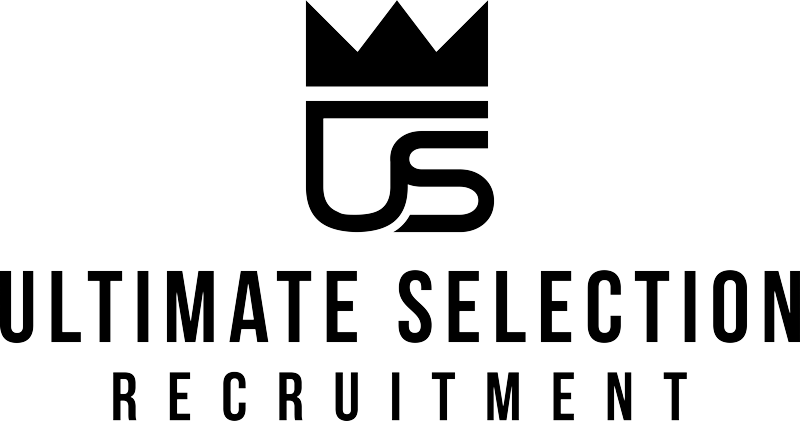
At the interview
At the interview
First things first, be positive, and happy that you are at the interview, you’ve been selected, it’s a great start! Greet your interviewer confidently, with a smile and a good firm handshake (not too firm though) and wait until you are offered a seat before sitting. Be aware of your body language: sit up straight, maintain eye contact and avoid fidgeting or twiddling your thumbs, notepad or pen.
According to research, the interviewer will decide within four to nine minutes whether to consider you seriously for the job. So making a good first impression really is vital.
Show genuine interest in the job. Speak clearly and confidently and make sure that everything you say is factual and sincere.
During the interview, bear the following guidelines in mind:
Concentrate and listen very carefully to the questions. If you are not sure exactly what is being asked, don’t say “Could you repeat the question?” This could make the interviewer feel that you haven’t been paying attention. Rather, rephrase the keywords and ask the interviewer to clarify: “Do you mean…”
Avoid answering with a simple yes or no. Support your answer with relevant information from your experience and relate everything you say to the job you are applying for.
- Do not speak negatively of other people or companies. It makes you look unprofessional.
- Stay calm. Maintain a positive attitude throughout the interview, speak with energy and enthusiasm, and feel free to pause when you are thinking of appropriate replies.
- Keep your answers relevant and to the point.
- Do not be ‘over familiar’ even in a relaxed environment you should stay professional and polite at all times. No slang and definitely no swearing.
A good interviewer will do more than just establish your competence: she/he will explore your compatibility with the company – your attitudes, beliefs, personality, response to pressure and so on.
To this end, she/he may ask you deliberately provocative or difficult questions.
- “Why haven’t you found a new position before now?”
- “What do you think of your boss?”
- “Don’t you think you’re a bit overqualified for this role?”
- “Your CV isn’t the best that I’ve seen, am I missing something?”
- “What was your biggest mistake or error of judgment?”
Ideally, you’ll have anticipated and prepared for difficult questions relating to your experience and capabilities. If you are asked an unexpected question, pause and think before giving an answer and always offer a positive response that relates back to the position you are applying for. For example, “Am I over-qualified? I don’t think so. Strong companies need strong people, and I believe that a growing and energetic company like yours will make the best possible use of my skills and experience. That’s why I applied for this job.”
Usually, the interviewer will ask you if you have any questions. The worst response from you would be “No” followed closely by “Can you tell me a little more about the job?” or “What’s the holiday entitlement”. Be specific and ask questions that have not already been answered in the job description and use questions that reflect your interest in the job and the company. For instance:
- What would my initial assignments here be?
- What are the greatest challenges of this role?
- I understand that the company is about to enter the health care market. Will that development have any impact on my role?
At the very least, ask the interviewer when he will be making a final decision and whether he needs any further clarification about your experience.
For more advice on Interview questions, you can read our ‘Interview Preparation’ blog.

